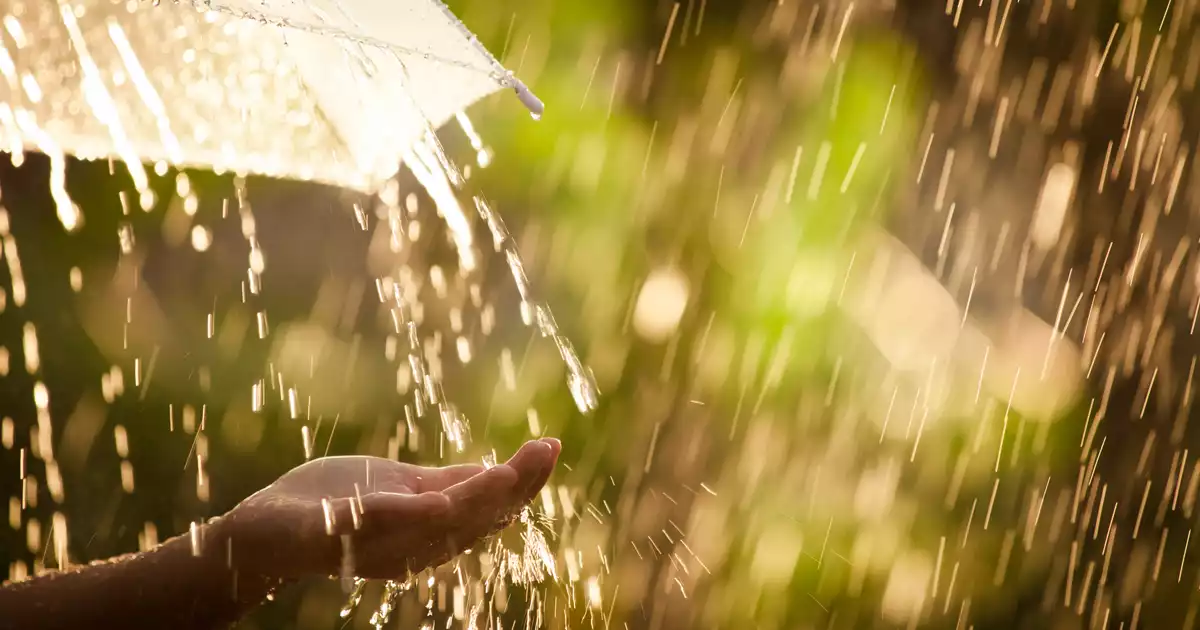Why Do My Allergies Get Worse When It Rains? Your Questions About Pollen Allergies, Answered!
1 minute read
Can the rains wash away our allergy pains? Good news for those with pollen allergies: It can!
You may have heard that consistent rain showers can help clear out allergens and pollution from the air, which leaves behind a clean, refreshed environment. But doesn’t rain typically mean increased plant growth, which creates more pollen?
Yes, but, according to the experts of the Asthma and Allergy Foundation of America, increased pollen counts typically occur when conditions are dry. Without any moisture to weigh pollen down, its grains can blow further in the wind and lead to higher concentrations. When it rains, there’s increased moisture and humidity. This makes the grains too heavy to travel far, helping wash away the triggers of those with pollen allergies.
“Why do my allergies get worse when it rains, though?” It’s a valid question! Sometimes, rain showers can be good for washing away triggers, like pollen, but heavy rain showers can exacerbate issues for those with allergies to mold, dust, or grasses.
Since rain does promote the growth of plants (like weeds or grasses), it also makes way for damp conditions where mold and mildew thrive. When heavier rainstorms occur, the force of falling rain can splinter clumps of pollen into many, smaller groupings that can spread more rapidly. For these reasons, those with pollen allergies and reactions to other outdoor allergens should stay out of heavy rainstorms.
So, will our allergy pains wash away in the rain? Moderate rain showers can help temporarily decrease pollen levels, but heavy showers may cause them to increase and trigger those with pollen allergies.

